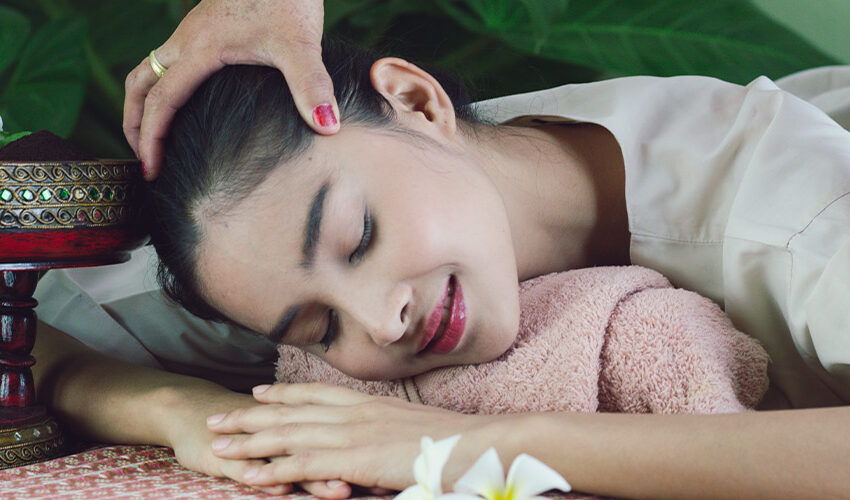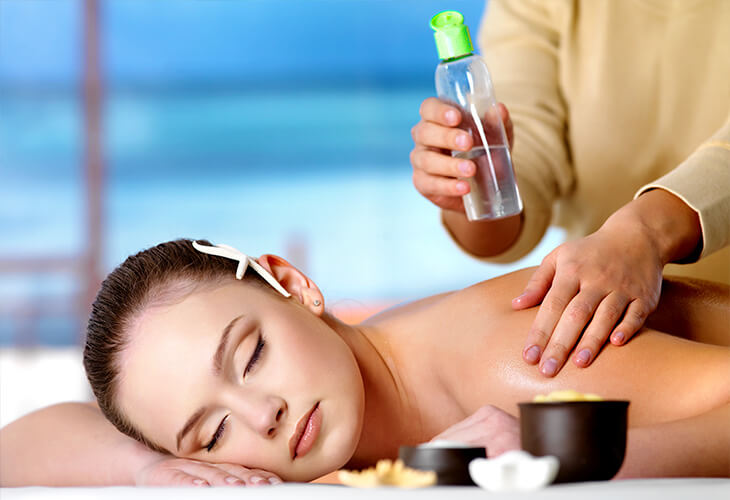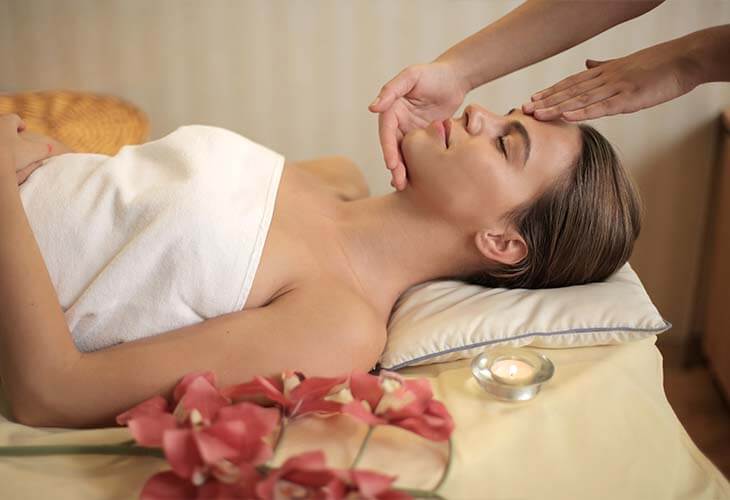
- March 6, 2024
- Panchakarma
Introduction to Panchakarma Therapy
In today’s fast-paced world, stress and toxins have become an inevitable part of our lives, affecting both our physical and mental well-being. To address these challenges and embrace holistic wellness, ancient healing practices like Panchakarma therapy have regained popularity. Rooted in Ayurveda, Panchakarma therapy offers a profound detoxification process that helps rejuvenate the mind, body, and soul. At our wellness retreat, we are committed to providing you with an immersive and transformative Panchakarma experience, tailored to your unique needs.
Understanding the Science Behind Panchakarma
The Five Steps of Panchakarma Therapy
Panchakarma therapy, as the name suggests, involves five key steps, each playing a crucial role in the detoxification process:
- Vamana (Therapeutic Vomiting): In this initial stage, toxins accumulated in the upper body are eliminated through controlled vomiting induced by specific herbal preparations.
- Virechana (Purgation): The second step focuses on cleansing the lower digestive tract through the use of herbal laxatives, purging accumulated toxins from the body.
- Basti (Enema Therapy): Basti involves the introduction of medicated oils or herbal decoctions into the rectum, helping to balance the Vata dosha and eliminate toxins from the colon.
- Nasya (Nasal Administration): In this step, herbal oils or powders are administered through the nostrils to cleanse and rejuvenate the nasal passages and promote respiratory health.
- Rakta Mokshana (Bloodletting): Though rarely practiced today, Rakta Mokshana entails controlled removal of a small amount of blood to purify and improve blood circulation.
The Role of Doshas in Panchakarma Therapy
According to Ayurveda, an individual’s well-being is influenced by the three doshas – Vata, Pitta, and Kapha. Panchakarma therapy aims to balance these doshas, as their imbalance can lead to various health issues. Depending on an individual’s dosha constitution, our experienced practitioners customize the Panchakarma treatment to provide the most effective and personalized healing experience.

Preparing for Panchakarma Therapy
Before undergoing Panchakarma therapy, adequate preparation is essential to maximize its benefits and ensure a safe process. Our wellness retreat provides a comprehensive pre-treatment consultation to understand your health condition and tailor the treatment plan accordingly. Some of the crucial aspects of preparation include:
- Preliminary Examination: Our Ayurvedic experts conduct a detailed examination to determine your dosha type, overall health status, and any existing medical conditions.
- Pre-Panchakarma Diet: A specific diet is prescribed to help your body eliminate toxins and prepare for the therapy. This diet is designed to enhance digestive fire and support detoxification.
- Internal Oleation: The therapy involves internal and external oleation, where you consume medicated ghee or oils to lubricate the body’s channels and facilitate toxin removal.
- Sudation Therapy: To encourage toxins to move towards the gastrointestinal tract, you may undergo herbal steam therapy or hot water baths.
The Panchakarma Experience at Our Wellness Retreat
At our wellness retreat, we pride ourselves on providing a serene and nurturing environment for your Panchakarma journey. Our highly skilled Ayurvedic practitioners and therapists are dedicated to ensuring a safe and transformative experience. The typical Panchakarma process comprises three main phases:
- Purvakarma (Preparation Phase): This phase involves the preparatory measures discussed earlier, including preliminary examinations, dietary adjustments, and oleation therapies.
- Pradhanakarma (Main Treatment Phase): The main treatment phase commences after the preparatory phase, where you undergo the five Panchakarma therapies based on your individual needs and dosha constitution.
- Paschatkarma (Post-Treatment Phase): After the completion of the main treatment, the post-treatment phase is crucial to help the body gradually regain strength and equilibrium. Dietary guidelines, lifestyle recommendations, and herbal supplements are prescribed to support the body’s healing process.

The Holistic Benefits of Panchakarma Therapy
Panchakarma therapy offers a wide array of holistic benefits, making it a sought-after practice for rejuvenation and healing. Some of the prominent advantages include:
- Detoxification and Cleansing: Panchakarma aids in eliminating accumulated toxins from the body, promoting optimal organ function and overall well-being.
- Stress Relief and Mental Clarity: The therapy calms the mind, reduces stress, and enhances mental clarity, leading to improved cognitive function.
- Enhanced Digestion: Panchakarma supports a healthy digestive system, reducing digestive disorders and improving nutrient absorption.
- Boosted Immunity: By balancing the doshas, Panchakarma strengthens the immune system, making the body more resilient to illnesses.
- Rejuvenation and Anti-Aging: The therapy promotes cell rejuvenation, leading to improved skin health and a more youthful appearance.
- Weight Management: Panchakarma can be beneficial for weight management by addressing the root causes of weight gain and supporting healthy metabolic processes.
Is Panchakarma Therapy Right for You?
While Panchakarma therapy offers numerous benefits, it may not be suitable for everyone. Pregnant women, individuals with certain medical conditions, or those undergoing specific treatments may need to avoid Panchakarma. It is essential to consult with our experienced Ayurvedic practitioners to determine if Panchakarma is right for you.
Conclusion
Embark on a journey of self-healing and renewal with our Panchakarma therapy at our wellness retreat. Experience the transformative power of this ancient Ayurvedic practice, designed to promote detoxification, rejuvenation, and inner harmony. Allow our skilled practitioners to guide you through this profound experience, tailored to your unique needs and dosha constitution.
